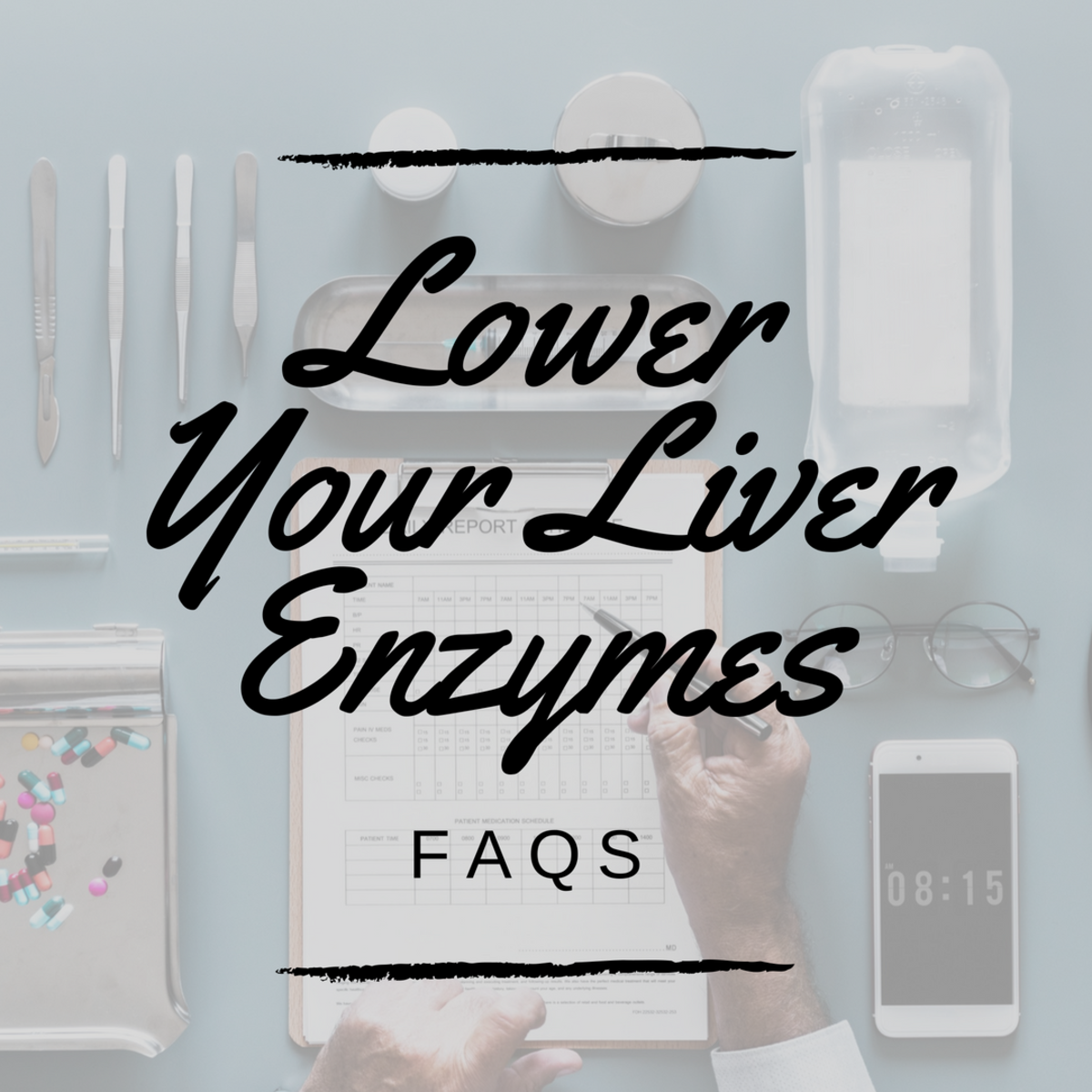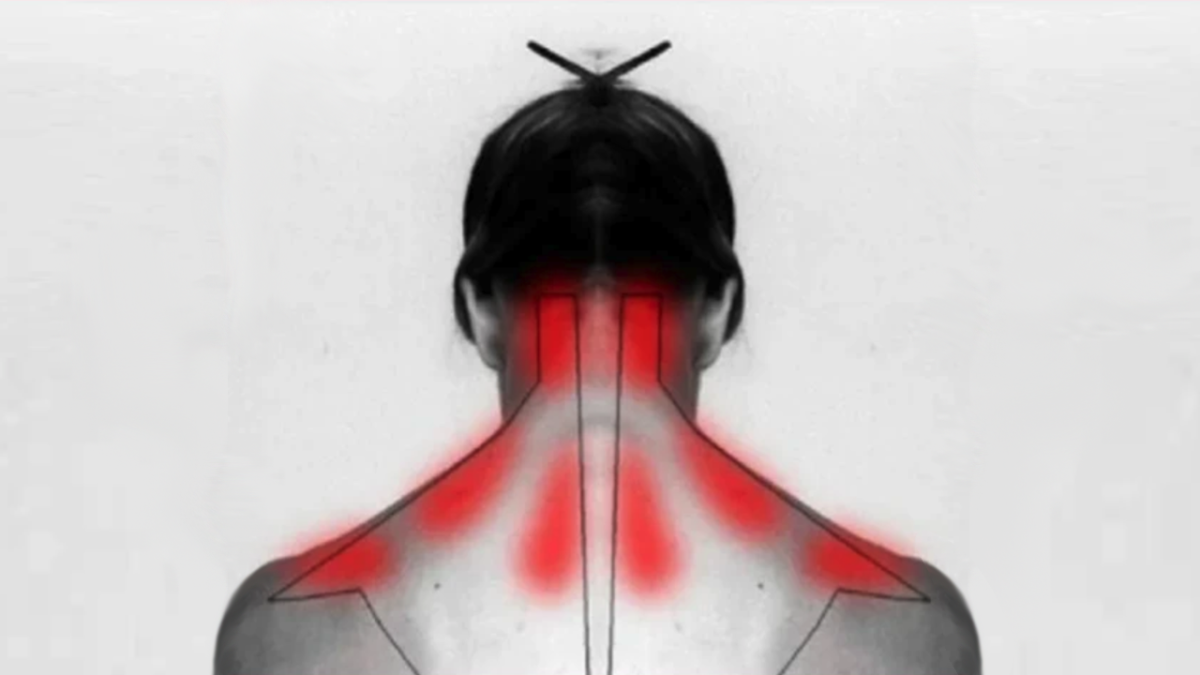Anorexia Nervosa Disorder

In our previous article, we have discussed an overview that ANOREXIA NERVOSA is a common type of eating disorder. We may know that such sickness may start from the adolescent stage that can affect both men and women. Anorexic patient may be characterized by a limit of food intake in order to lose weight. They only eat a small amount of food and often portion it carefully. Others may see them as too thin; but they see themselves as a fat person. They develop that intense fear of gaining weight. They oftentimes develop the habit of frequent measuring and weighing, looking at the mirror and talking about dieting. Their self-concept is tied with their body shape and image. We shall later discuss the causes, symptoms and treatment to such disorder.
Based on the National Health and Nutrition Examination Survey (NHANES), their data from 1999 to 2006 showed that underweight and normal weight females were more likely underweight compared to male participants. There were 36.8% females ages 16 to 64 who indicated that they tried to lose weight in the past 12 months as opposed to 10.4% of underweight and normal weight males of the same age bracket.
Their data also showed that from 2005-2006, underweight and normal weight youth who were trying to lose weight were more likely to eat less sweets or fatty foods. It was reported that 77.6% did this a lot or sometimes. It was also mentioned that 87.7% did exercises a lot or sometimes compared to the less commonly reported methods of skipping meals or starving for a day or more.
It was also in 2000 when the National Eating Disorder Screening Program was conducted in the United States. The overall result shows that 25% of girls and 11% boys in high school were reported have an eating disorder and weight control symptoms that needs clinical evaluation. For more information about this program, you may visit the website of Center for Disease Control and Prevention (CDC).
It was in April 2008 when Inside Edition News featured the former male model, Jeremy Gillitzer who was battling for anorexia nervosa. It was mentioned that only 1 out of 10 anorexic is a male. It was called as “Manorexia”. It was hard to imagine that a hunky and good looking man became a skin and bone persona. He only weighs 92 lbs. at that time. He mentioned that his sickness started from that feeling of having a perfect body. He also began with a daily routine exercise that later end up in a near starvation diet. You may check out the website of Inside Edition for the full story.
It was only last year that rumors about actress Brittany Murphy was reported that anorexia may have played an important aspect in her sudden death at the age of 32. It was mentioned in the report that there was significant vomit found in her bathroom area where her body was found. The actress previously rumored to have an eating disorder in 2005, which she denied. But whatever the cause of her death, anorexia is an eating disorder that can be extremely dangerous in the health of a person if not properly treated. You may check out the website of Reuters.com for the complete story.
Here's a youtube video courtesy of kittykat1518 that shows about the story of the skinniest girl named Aimee. She talks about her horrifying experience with anorexia. Her video completely explains the sufferings and daily self-torture of an anorexic patient. Watch how she struggled to survive such eating disorder. She was also featured in the Dr. Phil show in 2008.
The stories of these anorexic patient illustrates that anorexia nervosa is a dangerous disease that can possibly kill a person. But we may ask, what are the causes of such life threatening situation? There are really no studies or researches to prove the causes of anorexia nervosa. However, medical experts say that such disorder may be possibly derived from the following:
- Family history – There may be other members of your family that previously suffered with anorexia.
- Profession or Career - The person thinks that his work calls for a perfect body shape. Celebrities, models, gymnast, or body builders are more likely to indulge in a stressful physical exercises and diet.
- Stressful Life Events – Situations that put too much pressure and anxiety on the person such as losing a loved one, undergoing a divorce, child custody, or termination from work. Other traumatic experiences can contribute in leading to eating disorder.
- Social Pressure – Cultural differences and peer pressure can play a role in leading to anorexia. For instance, teens who may suffer bullying at school because of his body size can likely indulge herself with dieting. This can eventually lead to obsessive dieting that can result to eating disorder.
So, how can we tell that a family member or a friend is suffering from anorexia nervosa? Here are some signs that can help us identify anorexic individuals:
- Their body weight is less than 85% of the normal weight. The average weight for a 5 feet tall adult is normally between 97 to 154 lbs. Whereas, the average weight for a 6 feet tall adult is 140 to 221 lbs.
- They make a careful portion of their food intake. They usually eat a small amount compared to what is normal. They eat in a longer period of time; and they constantly play around with their meals to look as if they have eaten too much.
- Excessive Exercising– They usually spend a lot of their time in the gym or exercising in order to lose weight.
- Problems with Constipation – They may suffer with constipation due to a slow amount of food intake and a slower metabolism.
- Vomiting – Patients may induce themselves to vomiting in order to lose weight.
- Being Secretive – Those who are suffering with anorexia often stay away with people. They make excuses not to eat together with family and friends. They also lie about their eating habits.
Anorexic patients may later experience low blood pressure, stunted physical growth, slower heartbeat, thinning of hair, tooth & bone decay, dry skin, and suicidal feelings. All patients suffering with anorexia nervosa need immediate treatment. Basically, they need health and medical treatment as well as psychiatric counseling. The main purpose is to restore weight, develop a positive self-image and healthy eating habits. A medical doctor, psychiatrist or psychologist, registered dietitian, nurse, or licensed counselors are some professional experts that can help treat the patients. Anti-depressant medicines may only be prescribed by the doctor if the patient is suffering from depression or anxiety disorder. It does not necessarily treat anorexia.
However, family members and friends also play an important role in the recovery of the patients. Here are some ways that you can do to help support his/ her treatment for possible recovery.
- Learn to accept his/ her eating disorder and extend support for recovery.
- Start to show your love by being thoughtful and caring to the patient.
- Avoid comparing him/ her with other people or siblings in your family.
- Don’t talk too much about his/ her eating disorder; but rather just give the patient the necessary food per doctors’ advice.
- Extend support during times of discouragement and learn to listen to his/ her feelings or problems.
- Be patient. Do not allow yourself to be overshadowed by his/ her eating disorder.
- Consult the physician for possible health plans for the patient. Monitor regularly the patient’s recovery progress.
If the eating disorder of the person is not yet severe, try to find resources that can help the person understand the problem. If you think that you or your loved ones may be possibly suffering from this disorder, do seek medical help before it’s too late.
You may click this link for a topic overview on the Types of Eating Disorder
- Types of Eating Disorder
The month of March is focused on Health issues. There are articles written about home remedies, physical workouts, diet plans, weight loss, vitamins, body supplement, and a lot more. These are informative and...
Please click this link to view other articles.
- TINA V on HubPages
About the Author: Tina is a Psychology and Business Management Graduate. She also studied Guidance and Counseling that enhanced her skills. As a...








